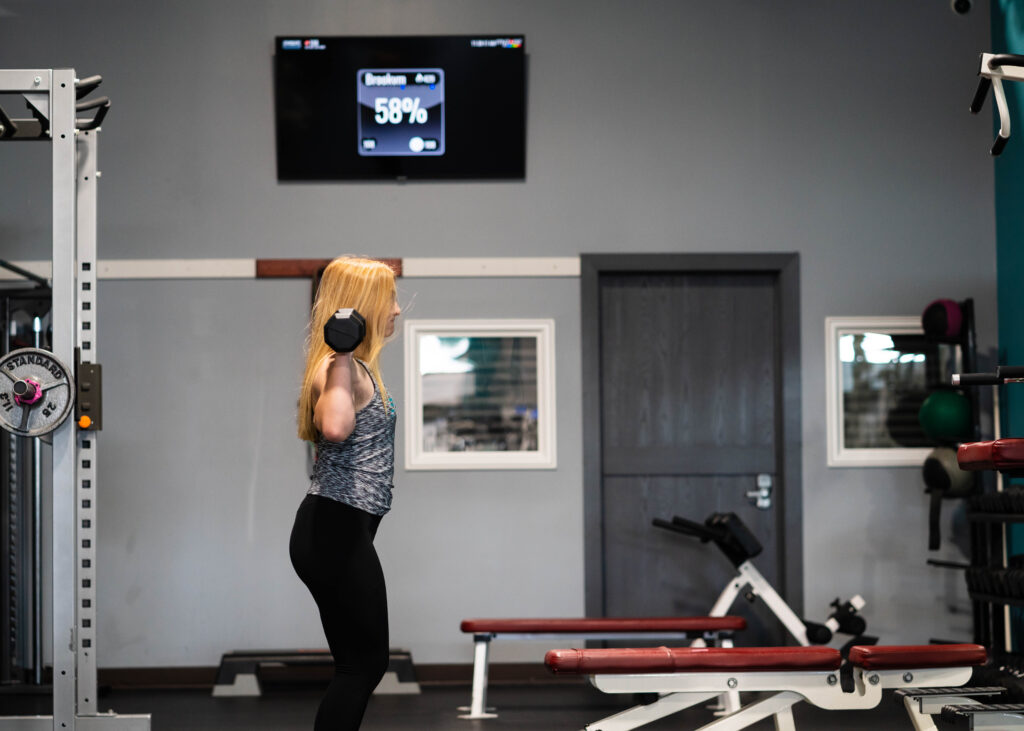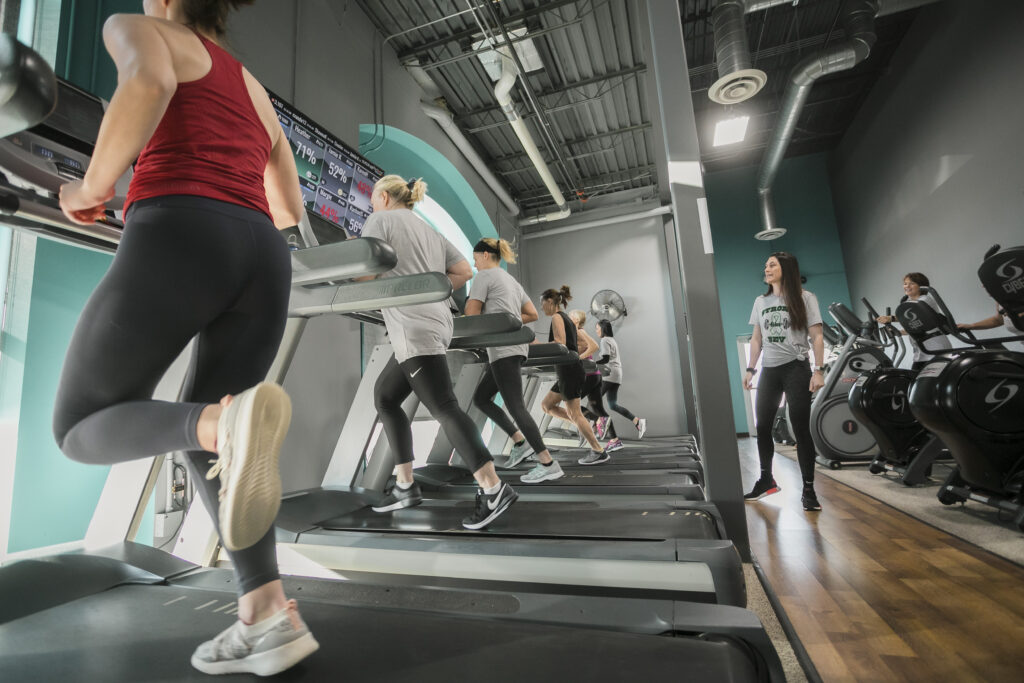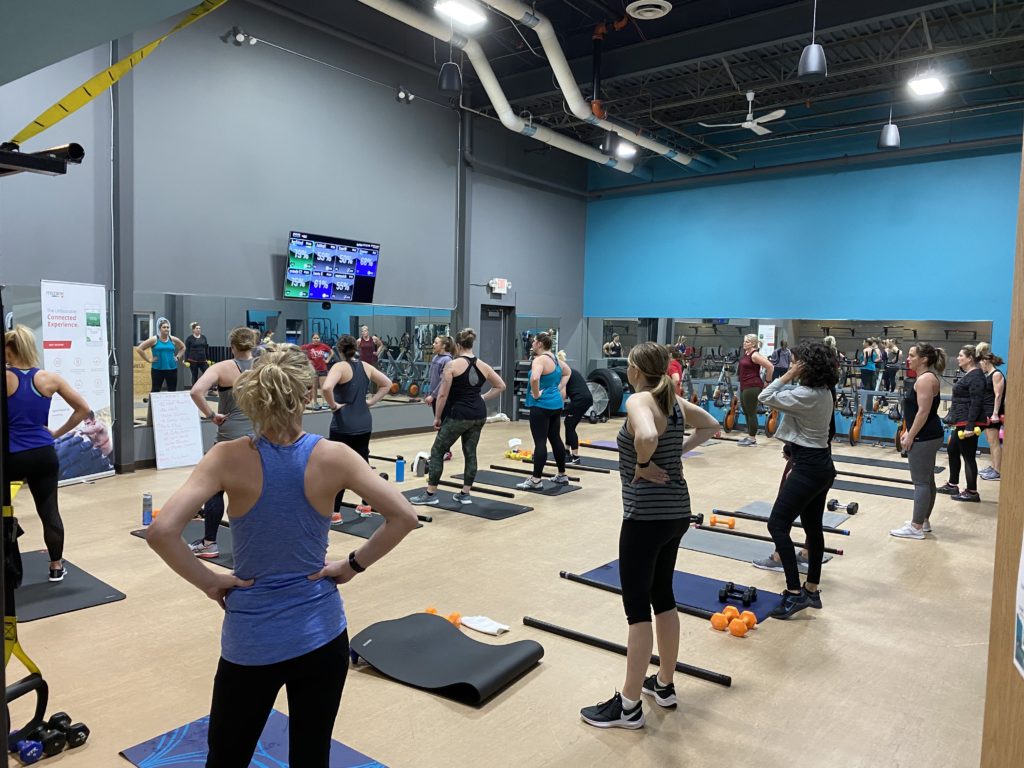When we’re hit with the cold, the flu, or a life-changing illness, we’re reminded pretty quickly just how important the immune system is to our overall wellness. Unfortunately, there’s no single magic pill that will transform your immune system into a superhero. You can learn how to improve your immune system with exercise though!
Simple lifestyle changes—like eating clean foods—can deliver a natural boost to your immune system. That way, you may be less likely to get bogged down with the sniffles or another illness. Regular exercise is one of those lifestyle tweaks that can improve your immune system.
Here’s how it works. We’ve also included links to exercise routines to help you get started!
1. Exercise gets the immune system in gear.

Physical activity is about more than moving your muscles. The increased blood flow may help flush bacteria out of the lungs and airways, so you are less likely to catch a cold or other upper respiratory illnesses. Check out these tips on how to structure a weight training regimen at the gym.
2. Exercise lowers stress hormone levels.

Chronic stress has been linked to a host of conditions, including inflammation, nausea, diarrhea, and constipation. When you break a sweat by working out, you’re helping the body naturally lower levels of stress-related hormones like cortisol and adrenaline.
3. Exercise helps you sleep better.

Sleep plays a huge—and, too often, overlooked—role in wellness! If you’re short on shut-eye, you could be reducing the level of disease-fighting T-cells within your body. When you sleep better, you’re less prone to coming down with the cold, flu, and other illnesses.
Research shows that regular exercise can lessen the time it takes to fall asleep. Plus, it significantly improves sleep in those struggling with chronic insomnia. We also like to stress the importance of taking Rest Days and allowing time to recover.
4. Exercise may help purge ineffective T-cells.

A type of white blood cell, the T-cell is an essential component of the immune system. One study of cancer survivors found that those who worked out through cardio, strength training, and flexibility exercises had lower levels of a type of non-efficient T-cell and higher levels of a type that fights disease more effectively.
What happens when you get too much of a good thing?
Some research suggests that heavy, acute exercise may temporarily lower immune response. It’s believed that heavy exercise increases stress, which, in turn, has a negative impact on the immune system. Experts say these types of exercise include endurance races and marathons, which can weaken the immune system for up to 72 hours after working out.
Resources:
Eureka Alert
Harvard Health
Los Angeles Times
MedlinePlus
ResearchGate
WebMD

